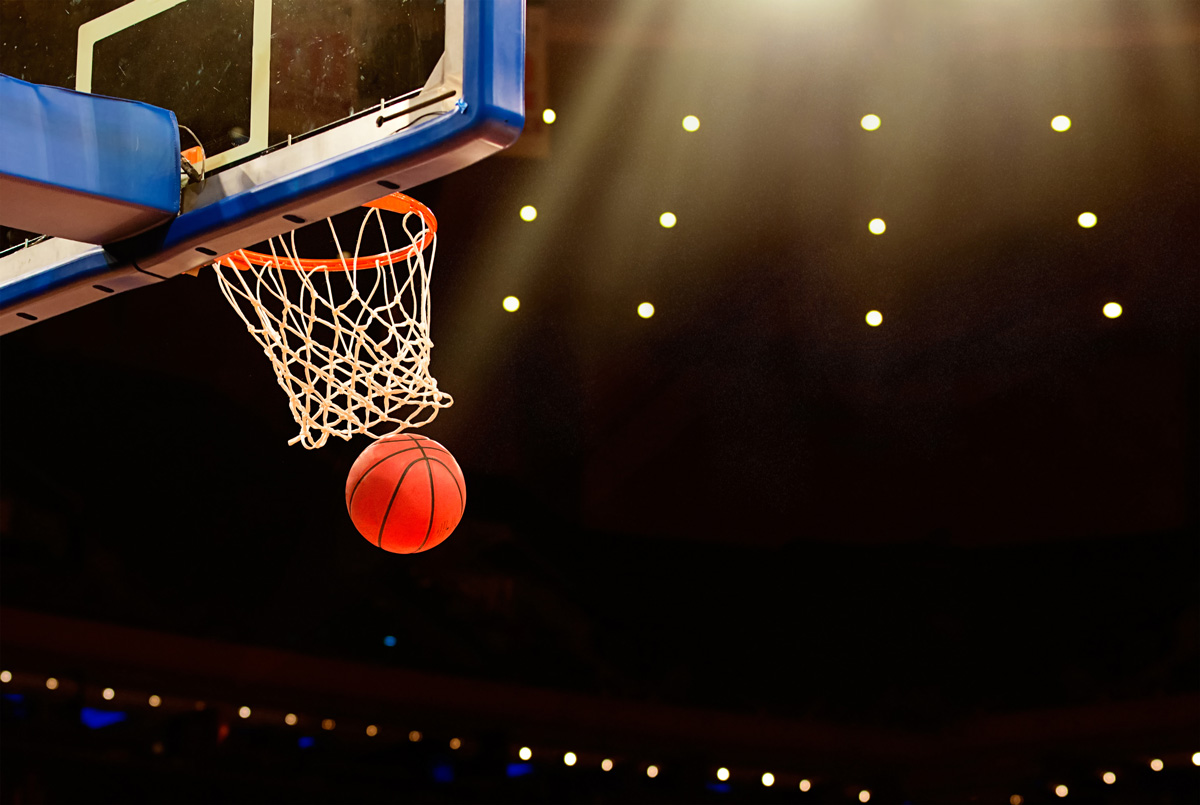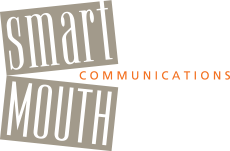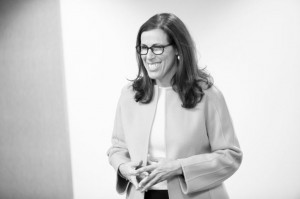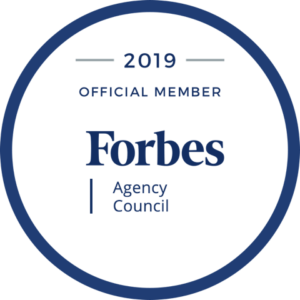
by Beth Levine | May 7, 2014
Situation: Pro athlete. Young. Shy. Reluctant. About to see more playing time and therefore more microphones during and after games.
SmartMouth Engagement: Prepare him for more post-game on-camera time that is sure to be coming his way. Help him become an appealing draw for the franchise.
We worked together to develop messaging buckets – how he likes to describe himself and his aspirations; how he likes to talk about victory; and how he likes to share the feelings and experience of a loss or personal frustration. Then we practiced mock interview scenarios on camera, with instant replays and do-overs.
Reward: He developed his pro voice and confidence. He gained polish and finesse. The improvement was noticeable. Game readiness for sure!

by Beth Levine | May 7, 2014
Situation: Team of Olympic athletes. New Olympic sport. Games less than six months away. Equipment sponsor arranges for training.
Engagement Objective: To prepare these young athletes for the media attention that will come to them, especially in a brand new Olympic sport, and to help them navigate the sometimes tricky waters of mentioning and thanking their sponsors.
Training Sessions: We took an intense half-day and had a highly interactive drill down on messages and media. Each athlete worked on their own personal messaging – why they love the sport, what it means to them to go to the Olympics, how they like to express their appreciation to everyone who helped get them there. They watched clips of other athletes and learned some school-of-hard-knocks tips on what works and what doesn’t work. I had prepared worst-case-scenario and skeleton-in-the-closet questions and role-played with them on camera. As a wrap-up to the role-playing, each athlete took a turn being the interviewer, interviewee, and interview critic. Throughout all of it, they learned techniques for fielding questions and weaving in messages, including messages that acknowledged the sponsor.
Result: Less than a month later, the team attended an event in New York on behalf of the sponsor. The athletes were automatically thrust into the spotlight as spokespeople. Their messaging was fluid as they talked about the sport, their excitement, and their appreciation for the efforts and support provided by the sponsor. Gold medal performances!

by Beth Levine | May 7, 2014
Situation: High-powered physicians. Clear focus on science. No time for non-medical training, no perceived need for coaching.
Engagement Objective: To work with hospital and medical school department heads to help shape their messaging so they are more compelling and relevant to their various audiences – including potential donors, recruits, and media.
Training Sessions: In small group sessions, we met in a conference room to review department messages and how to use them. Participants were given time to digest the messaging and latitude to put messages in their own words. Interestingly, certain key words were consistent from participant to participant. We watched news clips of other physician-spokespeople and learned from those that the use of too much information and/or jargon doesn’t make a point and can alienate audiences. The sessions culminated in participants going on camera, in a television studio, to make brief presentations and field Q&A, using their new insights. We watched instant replays, and each participant had opportunities for do-overs.
Result: The doctors were pleasantly surprised at how much they learned in a short period of time. Some reported adopting a whole new strategy for how they were planning to conduct recruiting calls, others had interactions with the media and felt much more comfortable, with performances that reflected their preparation and confidence.






